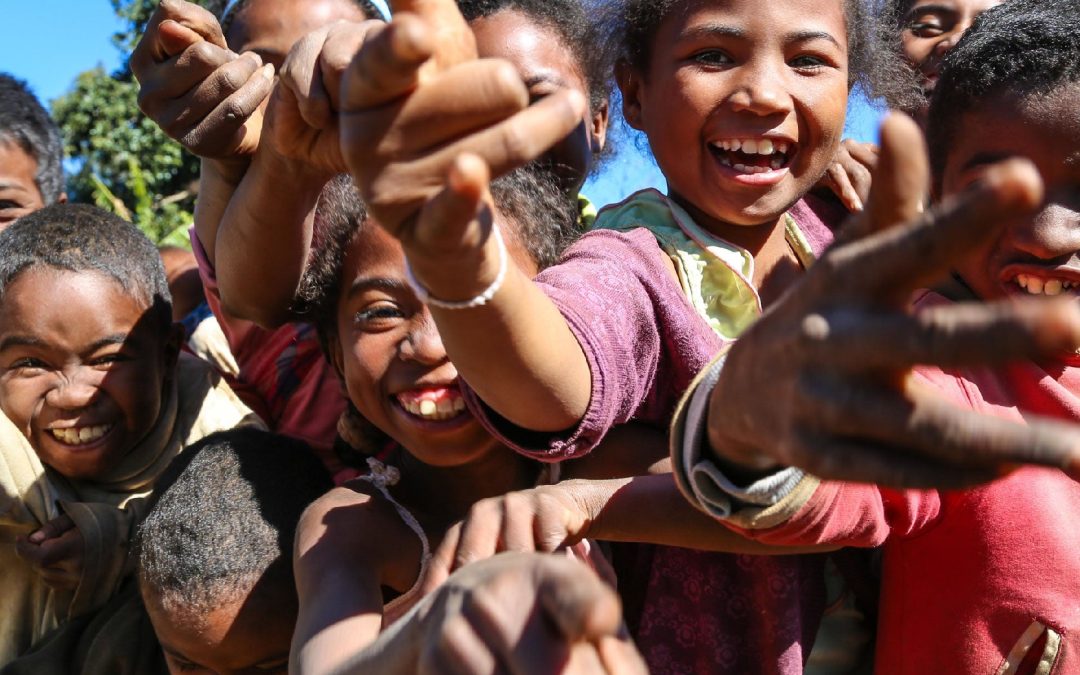In Honour of Stefan Zweig
In a Europe beset by geopolitical tensions, widening social fractures, and the existential urgency of climate change, corruption emerges as a silent poison – corroding the foundations of democracy from within. Far from being confined to distant autocracies, it insidiously infiltrates the institutional apparatus of several EU member states. The 2023 Corruption Perceptions Index, published by Transparency International, reveals that multiple European nations are stagnating – or even backsliding – in their fight against corruption. This is not merely a technocratic concern: it is a human tragedy, disproportionately affecting society’s most vulnerable.
A Direct Assault on the Disadvantaged
In his seminal book Corruption and Democracy (Presses de Sciences Po, 2019), French sociologist Pierre Lascoumes explores how corruption disrupts the republican pact: deepening structural inequality, redirecting public resources for private gain, and sowing distrust in the legitimacy of institutions – particularly among the precarious and marginalized.
The statistical portrait drawn by Eurostat (2023) is alarming:
- 21.1% of European children are at risk of poverty;
- the gender poverty gap averages four percentage points across the EU;
- and nearly 30% of EU citizens believe corruption is widespread in their country.
These figures are not abstractions; they are markers of a society where meritocracy gives way to cronyism, and social justice is supplanted by systemic privilege.
Education: A Republican Bastion and Engine of Justice
Faced with this diffuse menace, public education stands as the most robust and ethical barrier. The United Nations Convention on the Rights of the Child (1989), ratified by all EU member states, enshrines the obligation to secure a dignified future for every child.
Economist Thomas Piketty, in Capital and Ideology (Seuil, 2019), argues that only a massive reinvestment in public education can dismantle inherited inequalities, enhance intergenerational mobility, and restore the republican promise of equal opportunity. At a time when nationalism festers and social cohesion frays, the school remains the keystone of a European model rooted in freedom, fairness, and reason.
Legal Instruments Exist – but Demand Implementation
The legal arsenal to confront corruption is not lacking. The EU Whistleblower Protection Directive (2019/1937) represents a decisive legal advance: reinforcing transparency, safeguarding whistleblowers, and strengthening the principle of accountability across both the public and private sectors.
Moreover, the Council of Europe Strategy for the Rights of the Child (2022 – 2027) outlines innovative, concrete measures:
- Child-sensitive budgeting to ensure equity in public spending;
- Youth participation mechanisms to empower the next generation;
- Intergenerational impact assessments to align public policy with long-term societal sustainability.
Yet these instruments will remain ineffectual if not urgently and courageously implemented by national governments.
A Civilisational Duty, Not Merely a Legal Obligation
What is at stake transcends procedural compliance. As Stefan Zweig wrote in The World of Yesterday (1944), it is through moral vigilance and unwavering civic commitment that Europe has, time and again, emerged from its darkest chapters.
Both UNICEF’s State of the World’s Children 2023 and the UNDP’s Human Development Report 2021/2022 converge on a chilling insight: without a concerted, cross-sectoral campaign to combat corruption and protect the vulnerable, the very foundations of the European project risk erosion.
Europe must now reclaim its founding vision: that of a continent defined not by wealth alone, but by dignity, justice, and the enlightened care of all its children.
Corruption and inequality are not destinies – they are the outcomes of decisions. And they are decisions we have the power to change.
It is time to remember: the true grandeur of a civilisation lies not in the gilded opulence of its palaces, but in the dignity it confers on its most invisible citizens.
References
- Transparency International (2023). Corruption Perceptions Index 2023
https://www.transparency.org/en/cpi/2023 - OECD (2021). Gender Equality and Fragility: The Role of Women in Peace and Security
https://www.oecd.org/publications/gender-equality-and-fragility-8f6ca305-en.htm - Eurostat (2023). Living conditions in Europe – income and living conditions statistics
https://ec.europa.eu/eurostat/web/income-and-living-conditions - Lascoumes, P. (2019). La Corruption et la Démocratie. Presses de Sciences Po
ISBN: 9782724624482 (available in major academic libraries) - Piketty, T. (2019). Capital and Ideology. Harvard University Press (English edition, 2020)
https://www.hup.harvard.edu/catalog.php?isbn=9780674980822 - European Parliament and Council (2019). Directive (EU) 2019/1937 on the protection of persons who report breaches of Union law
https://eur-lex.europa.eu/legal-content/EN/TXT/?uri=CELEX%3A32019L1937 - Council of Europe (2022). Strategy for the Rights of the Child (2022–2027)
https://www.coe.int/en/web/children/strategy-for-the-rights-of-the-child - UNICEF (2023). The State of the World’s Children 2023: For Every Child, Vaccination
https://www.unicef.org/reports/state-worlds-children-2023 - UNDP (2022). Human Development Report 2021–2022: Uncertain Times, Unsettled Lives
https://hdr.undp.org/content/human-development-report-2021-22 - Zweig, S. (1944). The World of Yesterday: Memoirs of a European. Viking Press / University of Nebraska Press
https://www.nebraskapress.unl.edu/nebraska/9780803294009/

